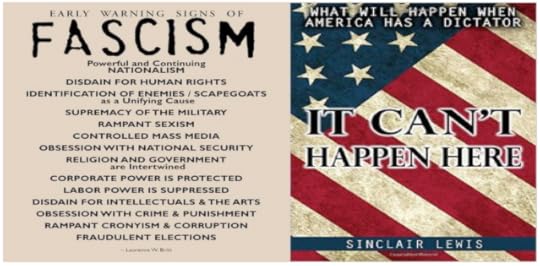What do you think?
Rate this book


400 pages, Paperback
First published October 1, 1935

Unfortunately, the writing displays the haste in which he wrote...many reviewers... complained about the novel's loose, melodramatic plot, flat and even corny characters, weak cliched dialogue, padded political discourse, awkward sentimentality, and heavy-handed satire and irony...Well, I haven't been that motivated to start a book since the introduction to A Critique of Pure Reason warned darkly that readers of the text tend to experience frequent thoughts of suicide. As it turns out, I agree with all of these criticisms. Even the last hundred pages or so of the novel, easily the best and darkest, are still marked by plot improvisation, scenes that seem more sketched than carefully worked on, dialogue filled with dashes, ellipses and exclamation points, mawkishness, and awkward sentimental humor. I don't doubt that people in forced labor camps are able to find humor in their situations, but the narrator's jaunty remarks about the family dog's not being able to understand English following a scene of torture, for example, contribute to a jarring, schizophrenic tone. The novel's Afterword clarifies that "the haste in which he wrote" was from May to September of 1935 (that is, he wrote the entire novel in 5 months, which explains a few things), but also suggests the reason you might want to read this book anyway. One reviewer, I learned, called it "a vigorous antifascist tract" if "...not much of a novel." Another wrote, in a formulation I'm not convinced has an actual meaning (but I suppose I get it), presumably referencing two of Lewis's former novels, "...it is his worst book since Elmer Gantry; I think it is also, and more truly, his best book since Arrowsmith." A Marxist magazine called it a "...tremendously useful book." And so on. Point being that reviewers in general seem to have agreed that you read this book not for stylistic excellence but for its ideas, which are worth thinking about.
I think young D over there is the only born Nazi in the room. Young D is the spoiled only son of a doting mother. He has never been crossed in his life. He spends his time at the game of seeing what he can get away with. He is constantly arrested for speeding and his mother pays the fines. He has been ruthless toward two wives and his mother pays the alimony. His life is spent in sensation-seeking and theatricality. He is utterly inconsiderate of everybody. He is very good-looking, in a vacuous, cavalier way, and inordinately vain. He would certainly fancy himself in a uniform that gave him a chance to swagger and lord it over others.
“it was known that, though he drank a lot, Senator Windrip also praised teetotalism a lot, while his rival, Walt Trowbridge, though he drank but little, said nothing at all in support of the Messiahs of Prohibition.”